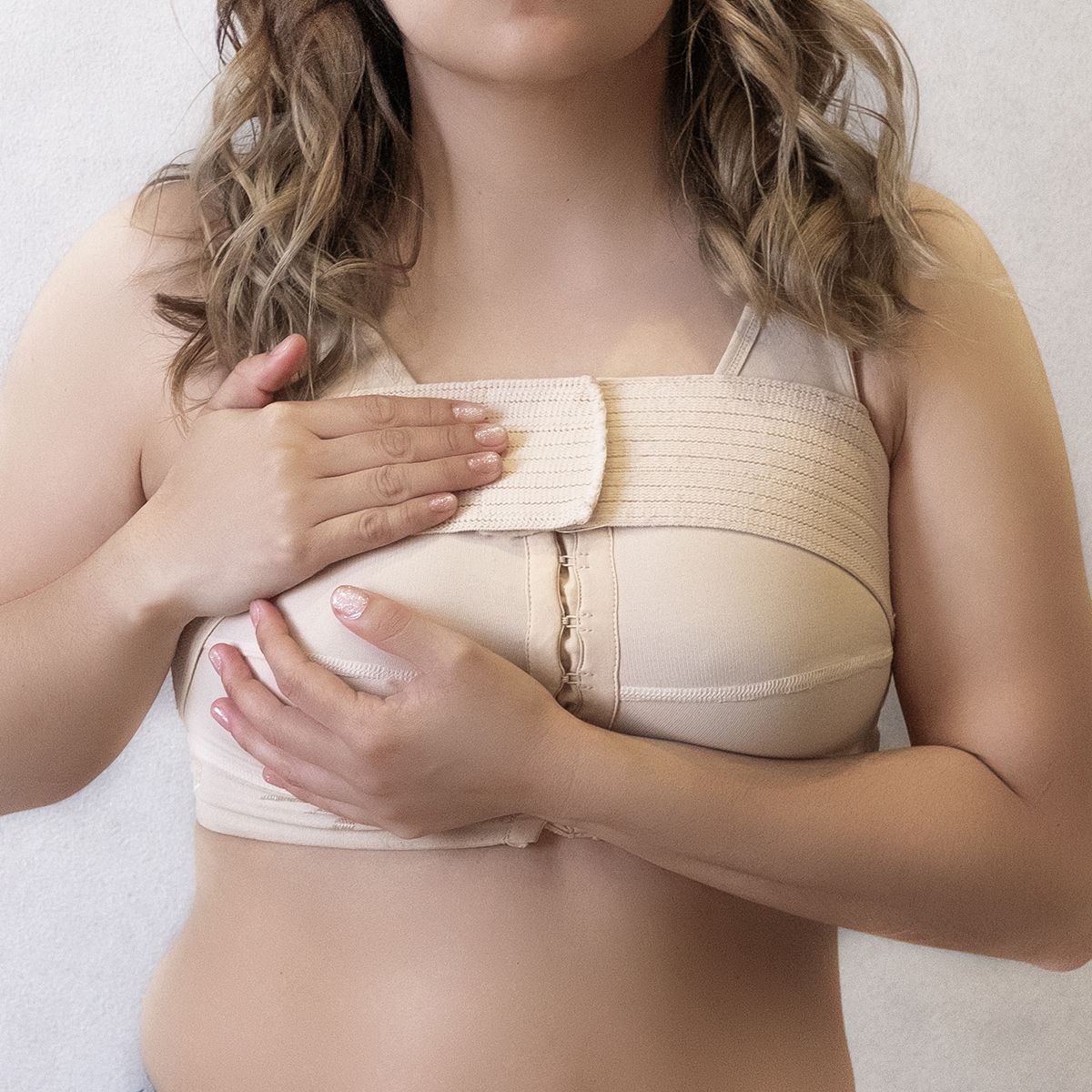Podcast
Speaking Out About Breast Implant-Associated Cancer
Author(s):
In this episode of CURE® Talks Cancer, we spoke with an advocate who is raising awareness around the recent controversy surrounding a certain type of breast implant that is causing a rare type of lymphoma.
Imagine overcoming a breast cancer diagnosis and its treatment, yet in choosing reconstructive surgery with textured implants, finding out you may be at risk for a rare type of lymphoma.
Renee Ridgeley found herself in that exact situation.
Following the recent controversy with a Food and Drug Administration panel not banning these implants that are to blame for causing breast implant-associated anaplastic large-cell lymphoma, many women are speaking out about the issue.
In this week’s CURE® Talks Cancer podcast, we spoke with the patient advocate about her own experience and how women can learn more about their reconstruction options.




